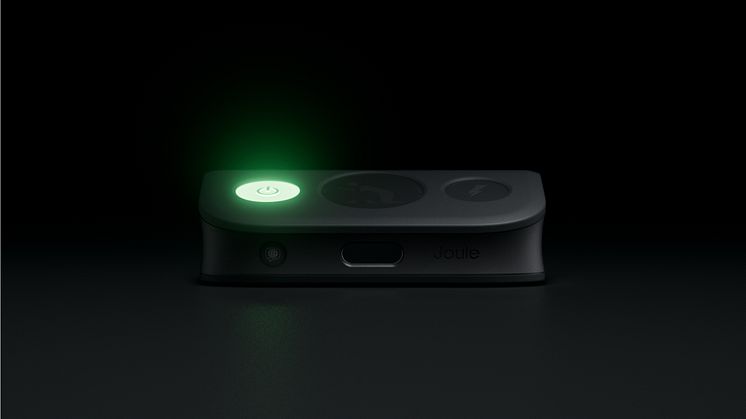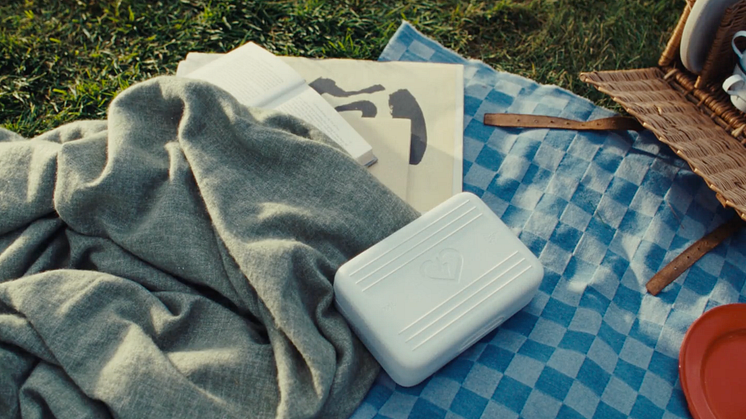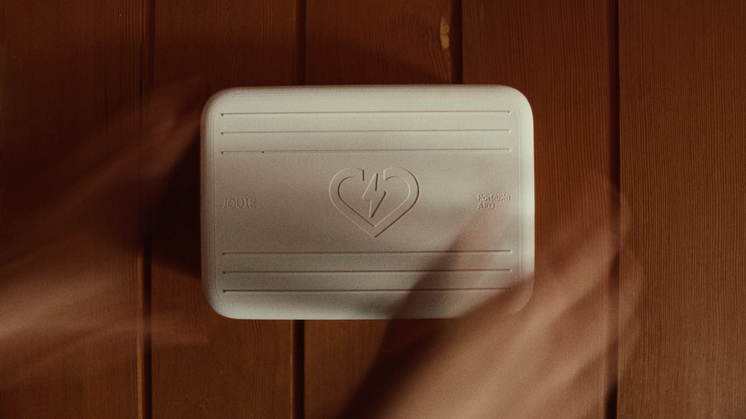
Press release -
Most cardiac arrests happen at home – Now AEDs are being made for private households
Despite the high number of defibrillators in public spaces, many Britons still end up waiting for a defibrillator – often with fatal consequences. 72 percent of cardiac arrests happen in the home. New lightweight defibrillator for private households aims to solve the problem.
72 percent of all cardiac arrests in the UK happen in private homes, according to figures from Warwick Medical School at University of Warwick collected for the Resuscitation Council UK (RCUK) and the British Heart Foundation (BHF). As a result, a defibrillator is often unavailable when a cardiac arrest occurs. For every passing minute from the onset of cardiac arrest until help is provided with a defibrillator, the chance of survival decreases by ten percent.
With an aging population and a growing awareness of personal health, the demand for readily accessible, user-friendly, and private defibrillators is higher than ever. So predicts Joule Medical, which is putting the final touches on development of the world’s smallest defibrillator – small enough to keep at home and bring along on the go.
– We aim to democratize heart defibrillators and make it a common household item, much like first aid kits, says Jacob Løth Christensen, CEO of Joule Medical, a company that sprung out of OOONO A/S in 2021, and which so far has received 13,4 million EUR in investments for the development of defibrillators for private consumers.
In August 2025, Joule Medical will launch a crowdfunding campaign on Crowdcube, where private investors can support the development of Joule – a new defibrillator (AED) designed to make life-saving technology more accessible. The product is expected to reach the market in 2027.
Waiting times cost lives
In the UK, the average waiting time for an ambulance is about eight minutes. But when a cardiac arrest occurs, the chance of survival without a defibrillator drops significantly with every passing minute. That’s why improved defibrillator access is the future, according to entrepreneur Christian Walter Øyrabø, co-founder and CEO of Joule Medical’s parent company OOONO.
– More people today are learning CPR, but that can only extend the time a cardiac arrest victim can survive until a defibrillator is deployed. We believe the next wave will be more private defibrillators, says Christian Walther Øyrabø.
A crucial part of development was focused on making the defibrillator small, easy to use, and affordable.
– The price needs to be reasonable, and we expect it will cost around 850 GBP, which is less than most defibrillators on the market today. Weighing only about a pound, it’s easy to carry around, and can fit in a handbag. It’s also simple to operate. There’s no point in adding a lot of complicated buttons and instructions – when you’re faced with an unconscious person, the brain isn’t primed to figure out complex controls, says Jacob Løth Christensen and adds:
– For the average person, cardiac arrest and defibrillators aren’t everyday experiences. It’s an extreme situation, where an untrained person doesn’t have the capacity to handle something complicated.
Start-up adventure with a heart
Although the tiny defibrillator is already sitting ready at the desk, it still needs a little work before it meets the consumer, and the way towards the finished product hasn’t been easy for the team behind Joule.
– We have had a hardheaded approach to product development, made necessary to live up to strict requirements for medical equipment. We had to go through a heavy approval process and live up to the EU’s MDR-regulations. That why we teamed up with skilled partners in Europe and brought some of the most experienced people working in medical devices on board, says Christian Walther Øyrabø.
– Today, the market is dominated by experienced players focusing on professional and public environments. Our goal is not to replace them but complement them with a product designed specifically for private households. We see it as a natural extension of the existing ecosystem – aimed at a new demographic of Britons, who want to be prepared at home, says Jacob Løth Christensen.
Related links
Categories
Joule Medical A/S is a subsidiary of OOONO A/S, which previously found success via Crowdcube, where investors who invested in OOONO A/S in 2020, received a purchase offer with 100 percent return rate. Joule Medicals has with their mainline product Joule set the goal of developing and producing the world’s smallest heart defibrillator for private use. Discover more at www.jouleaed.com



